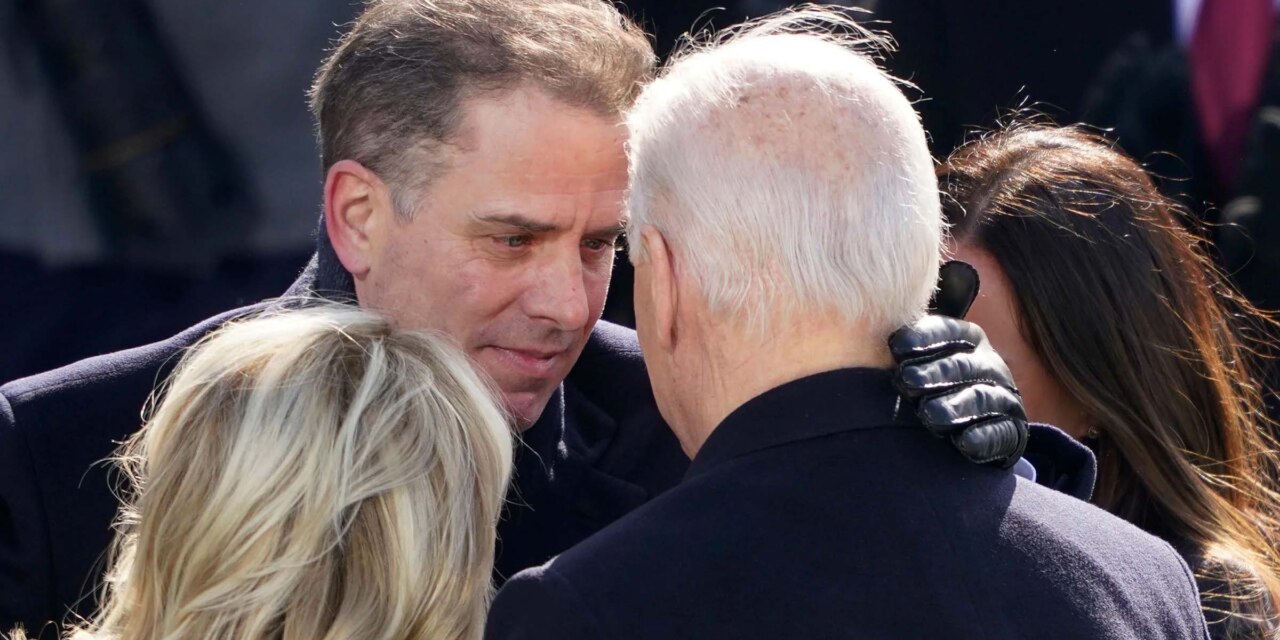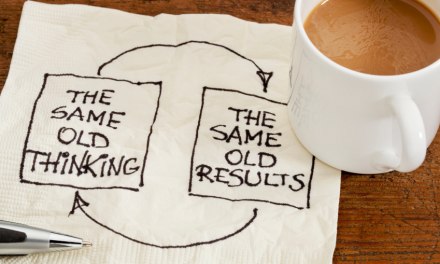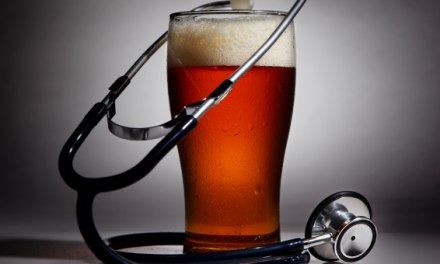We should expect to hear a lot more about the President’s son and his history of drug problems as Election Year approaches. Much of it will be grossly exaggerated, of course, for reasons political. We may even see some role for Artificial Intelligence (AI), just to further confuse things.
Which, by the way, is the real goal. To create confusion in the mind of the voter.
But there’s a larger – and in my opinion, far more important — issue here. It has to do with how we in America treat people in public life who happen to be in recovery. And also, the families that have suffered through the ordeal along with them.
As one online comment sums it up: “When it comes to respect for people in recovery, we’ve come a long way, baby. But not nearly far enough.”
Fortunately, Michael Collins has provided us with a good overview of the issues in a recent piece that appeared in USA Today. I encourage you to read it.
Hunter Biden’s drug use back in public eye as criminal charges could be around the corner
The article attempts to integrate the political and social aspects of addiction with the very real experiences of families who have undergone the grueling experience of dealing with addiction in a family member. Or perhaps in multiple family members, as is often the case.
The way the Bidens have. And the Kennedys. And the McGoverns. And plenty of other notable families, across the spectrum of politics.
After all, the only real difference between these families and the rest of us is their public prominence. Remove that, and their story would be almost indistinguishable from the rest.
It strikes me that the real mystery of addiction lies in how it can can take people from wildly different backgrounds and dissimilar personal histories and somehow induce them to behave in almost exactly the same destructive ways. Make the same errors in thinking, regardless of education and native intelligence. Decisions that result in virtually the same mistakes, leading to, ultimately, remarkably similar catastrophes.
And instead of being deterred by those consequences, to repeat their mistakes, over and over. At least until the merry-go-round of substance use finally grinds to a halt.
Yes, it’s horrifying to read about the exploits of addicts in the grip of addiction, but is it something we should feel entitled to use against them, purely for selfish political advantage?
And as it happens, against their families, too?
Because that’s what is we’re about to experience in American politics. Not for the first time, either.
Yet we all know, or should know, that people with addiction do recover, often as better people for having been through the experience. That’s right: they’re not only “back to normal”, as the saying goes. They’re stronger, more resilient, more honest with themselves. You might say they’re better human beings than they were before.
Somehow, that message hasn’t sunk in to the folks who plan political campaigns. To them, it’s fair game.
We need to fix that.
A good friend of mine is active with an organization called Faces and Voices in Recovery. If you’re not familiar with their mission and the work they do, please check them out. The recovering community has long lacked an effective, well-organized advocacy for issues important to people in recovery and to the families that suffered along with them.
The Faces and Voices movement is trying to change that. Here’s a link: https://facesandvoicesofrecovery.org/
Far as I’m concerned, their timing couldn’t be better. There’s lots that people in recovery can teach the rest of us — especially when it comes to humility.
And what politician couldn’t benefit from more of that?













